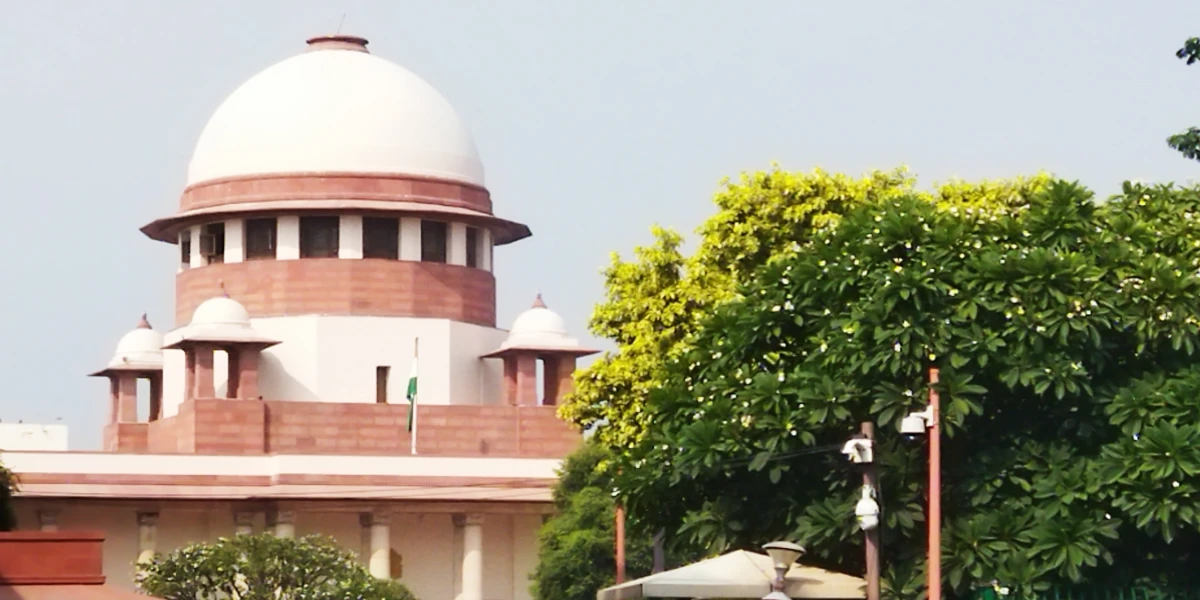
In a Public Interest Litigation (PIL) before the Supreme Court seeking stronger institutional responses to sexual offences, the Union Government has firmly opposed any move to reduce the statutory age of consent from 18 years or to introduce legal exceptions for consensual relationships between adolescents.
The submission was made in response to a suggestion by Amicus Curiae, Senior Advocate Indira Jaising, who proposed a “close-in-age” exception that would decriminalise consensual sexual activity between adolescents aged 16 to 18 under the Protection of Children from Sexual Offences Act, 2012 (POCSO) and other applicable laws.
The Centre stated that any such exception would “irrevocably dilute” the principle of child protection enshrined in Indian law.
“A diluted law risks opening the floodgates to trafficking and other forms of child abuse under the garb of consent,” it warned.
The government emphasized that the age of consent was deliberately fixed at 18 years, reflecting a “bright-line rule” intended to protect children from exploitation. It argued that minors lack the legal and developmental maturity to give informed consent to sexual activity.
While the Centre acknowledged that some adolescent relationships might arise from curiosity or mutual affection, it maintained that such instances should be handled judicially, not legislatively.
“Judicial discretion can be exercised on a case-by-case basis, but this is entirely different from creating a statutory exception, which would weaken the law’s deterrent value,” the submission noted.
The Centre warned that lowering the age of consent would shift the burden onto child victims, forcing them to justify their conduct instead of focusing on the alleged offender's actions. This could lead to re-victimisation during the trial process.
Citing a 2007 report by the Ministry of Women and Child Development, the Centre noted that over 50% of abusers are known to the child, including relatives, neighbours, or authority figures.
“In such contexts of emotional dependence and power imbalance, the notion of consent becomes meaningless,” it said, urging that the age of consent remain an “unassailable threshold.”
The government also expressed concern that legal recognition of consent by minors would contradict Articles 14 and 21 of the Constitution by treating child victims with more suspicion than offenders, undermining the very purpose of protective laws like POCSO and the Bharatiya Nyaya Sanhita (BNS).
The Centre underscored that Parliament had consciously rejected proposals to retain a lower age of consent, citing the 2013 amendments to the Indian Penal Code (IPC) made after the Justice Verma Committee report.
It referred to several official reports that opposed the lowering of the age of consent:
240th Report of the Parliamentary Standing Committee on HRD (2011) – rejected recognition of minors’ consent.
167th Report of the Parliamentary Standing Committee on Home Affairs (2012) – supported raising the age to 18.
243rd Law Commission Report (2023) – warned that reducing the age would render POCSO a “paper law”, especially harmful in tackling child marriage and trafficking.
The Centre also invoked India’s international obligations under the UN Convention on the Rights of the Child (UNCRC) and the International Covenant on Civil and Political Rights (ICCPR), both of which treat 18 as the benchmark age for childhood protection.
Courts in India, including the Supreme Court, have repeatedly upheld this threshold, ruling that child marriage and sexual relations with minors cannot be justified by custom or religious practices.
Case Title: Nipun Saxena v. Union of India
Case No.: Writ Petition (Civil) No. 565 of 2012
Website designed, developed and maintained by webexy